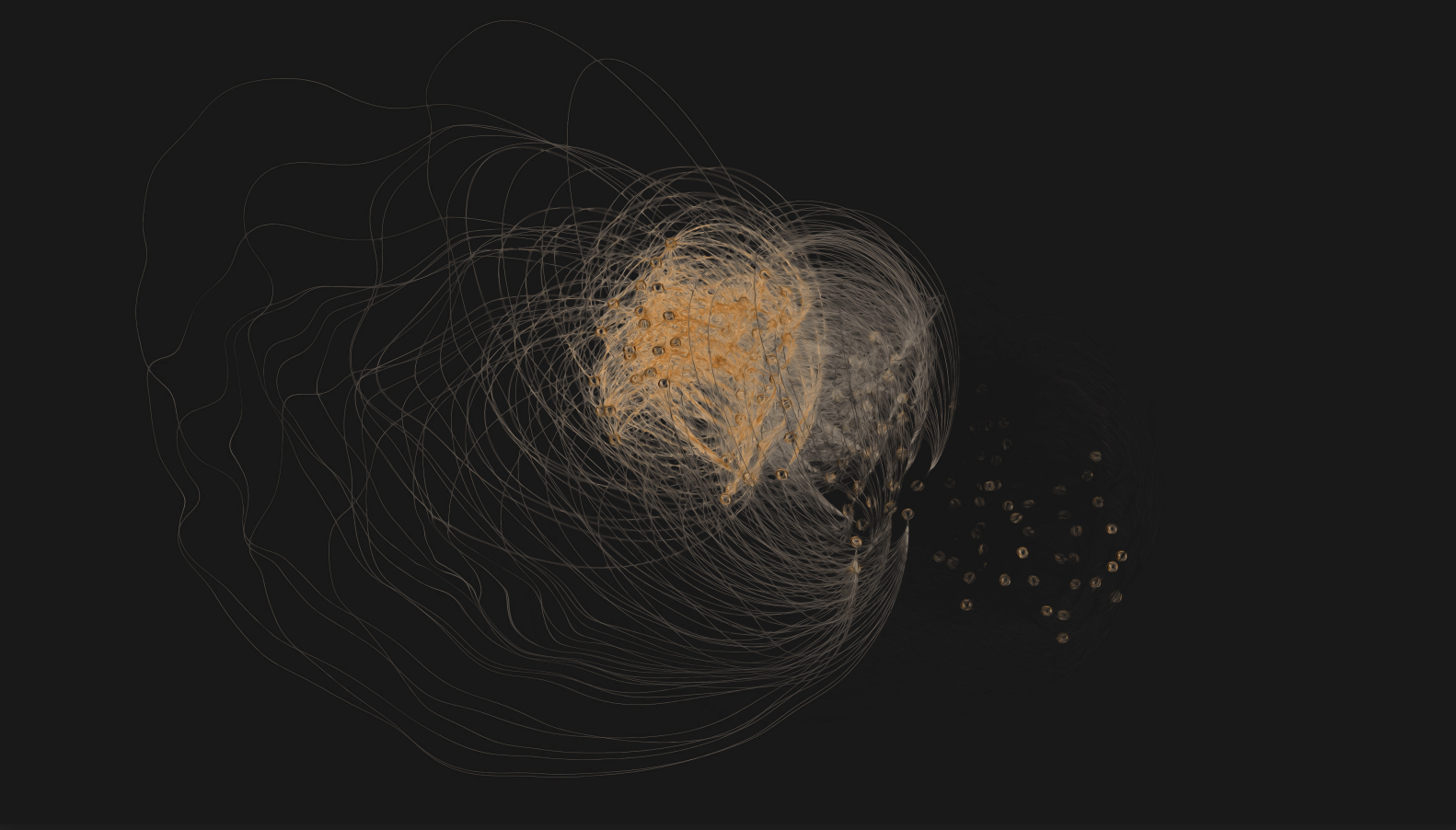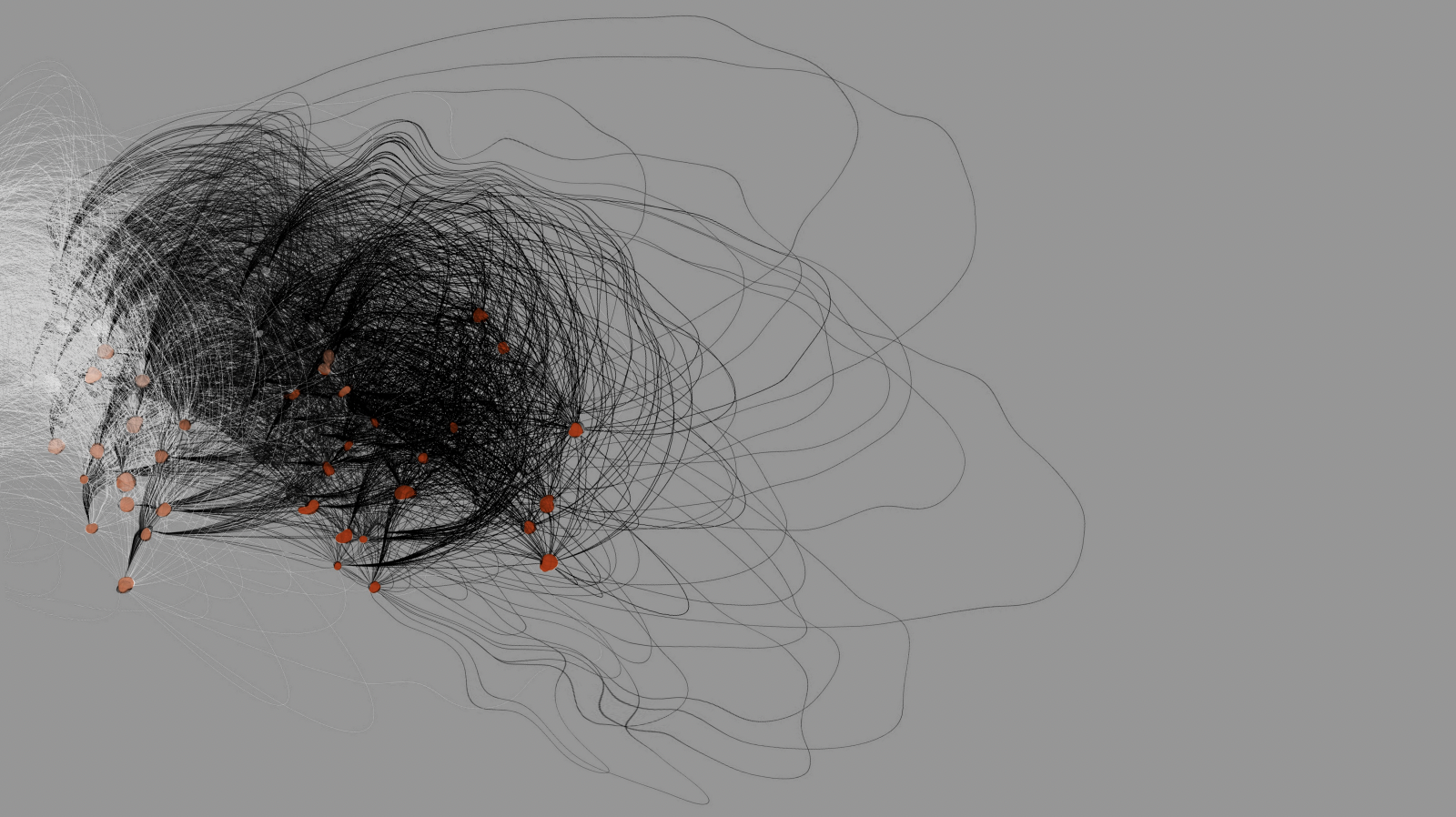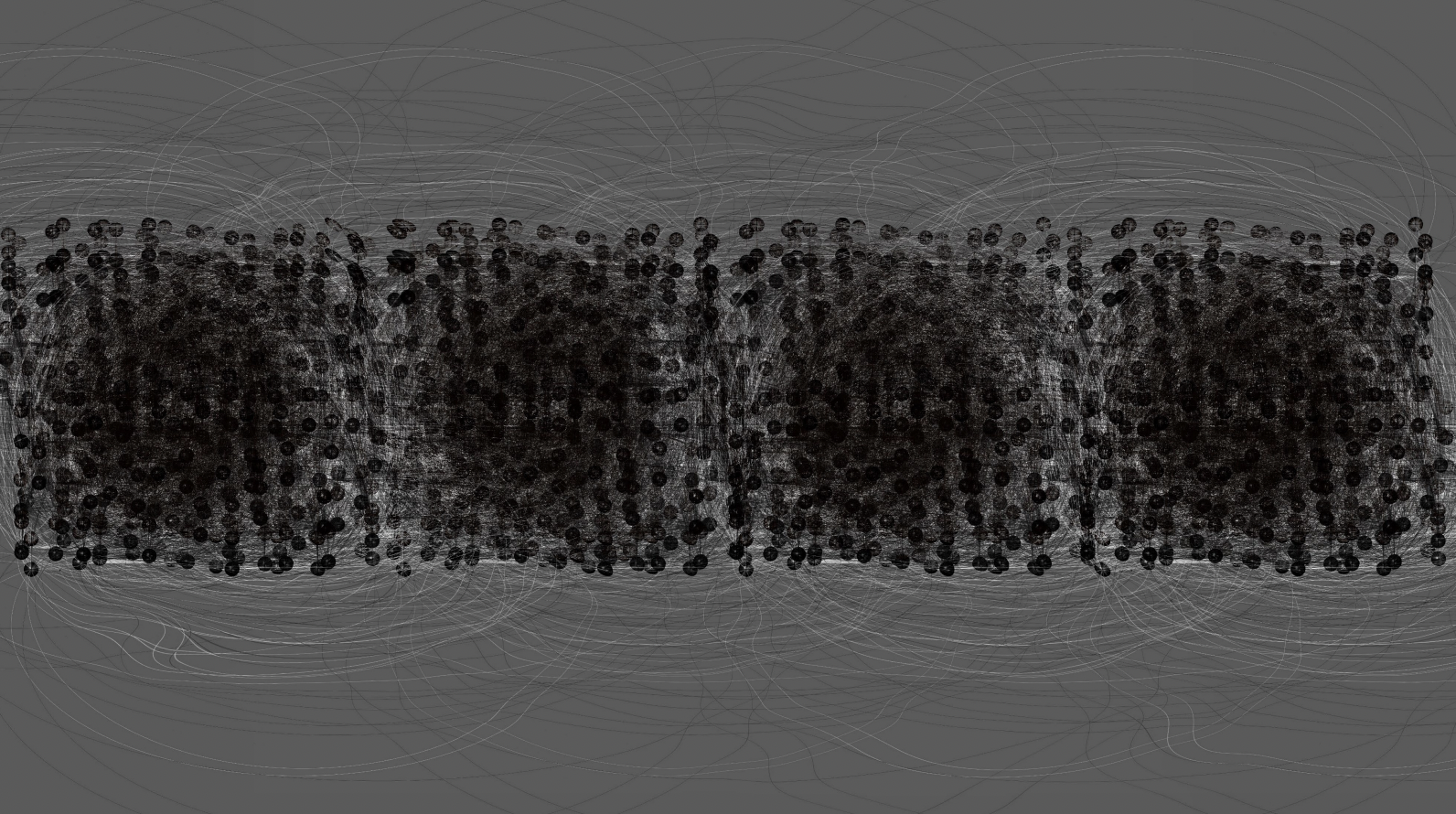H_ME W_RK
Arts Gen x H_ME W_RK
Merinda Dias-Jayasinha, Isha Ram Das, Moonis Ahmad Shah x Hafsa Sayeed & Priya NamanaArtists Merinda Dias-Jayasinha, Isha Ram Das, Moonis Ahmad Shah x Hafsa Sayeed and Priya Namana take us on four experimental audio journeys.
In these sensitive and (sometimes) absurd scores, the artists meditate on the intergenerational memory of cross-border mobility with their emergent landscapes.
The family dining table
The 5km radius
The Paris Expo
The protest spaces of the subcontinent
These works are best experienced while moving through space. We invite you to put your headphones in and immerse yourself in sonic worlds near and far.
This project is part of Arts Gen's Intergen, a series of artist-led interventions that critically reflect on modes of intergenerational knowledge making and sharing. Intergen centres an artistic practice as research methodology for collaborating and making.
Merinda Dias-Jayasinha
The
Grey
Area
The Grey Area invites listeners into conversations with members of my family; conversations that seek to connect, contextualise, and communicate questions of identity, cross-border mobility and intergenerational knowledge and memory.
Isha Ram Das
Etude 01 — Three Part Stretch [Debussy — Pagodes — Bars 59 & 60]
Debussy wrote Estampes after hearing Javanese Gamelan music at the Paris Expo 1889 and 1901.
These expositions were also known as ‘colonial exhibitions’, the intention being to drum up trade and support for various colonial exploits. The first colonial exhibition was held in Melbourne in 1866.
The Paris World’s Fair had a huge impact on European artists, composers, and philosophers. It was also, unsurprisingly, a place in which overwhelming de-humanisations of Indigenous people were made in the name of anthropology, ethnography, and public spectacle.
"I suppose this Debussy work is of particular interest to me because it deals with ideas of transplanting memory and culture across time and space. Javanese Gamelan filtered through the memory of Debussy and into the piano. And the recursive nature of me doing the same thing to his piece."
Moonish Ahmad Shah
&
Hafsa Sayeed
SONIC SPECTRES OF GATHERING
This project began as a contemplation on sonic imprints of gatherings from various historical times and spaces.
These imprints, for example, were various official and unofficial audio archives and audio repositories of historical gatherings, riots and protests. Using epoch-based training with unsupervised machine learning, the project intended to sonically imagine gatherings that are yet to come.
The machine learning epochs, thus, became spaces where sonic imprints of gatherings from the past could be contemplated upon and gatherings that are yet to come, could be imagined.



The images generated are data visualizations that emerged during the training phase of the machine learning algorithm. It embodies the manner in which the algorithm was learning to think through interacting with the data. These data visualizations thus become representative - of the interaction of input data with the architecture of the neural network algorithm.

Priya Namana
[ORBITING STASIS]
[ Orbiting Stasis ] is a visceral sonic diagram that emerged through explorations of the politics of dreams, memories and the pluralism of time experienced in 2020 and 2021.
Complicating the loops of past, present and future through the experience of migration grounded in place, [ Orbiting Stasis ] is a felt sense of poetic objects that are heard to disorient and embody the porosity of sovereign borders.
These poems are objects that hold our ontologies.